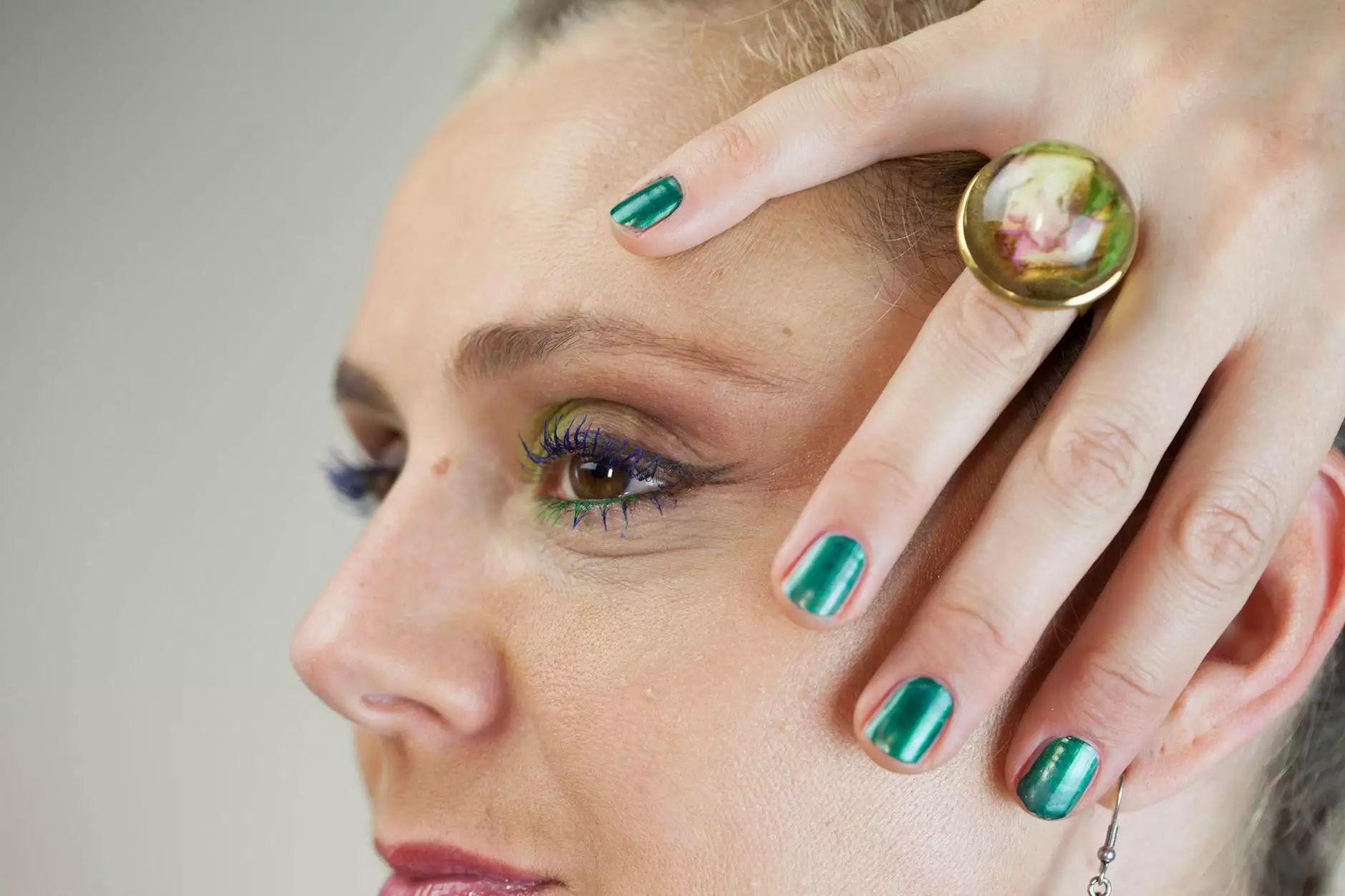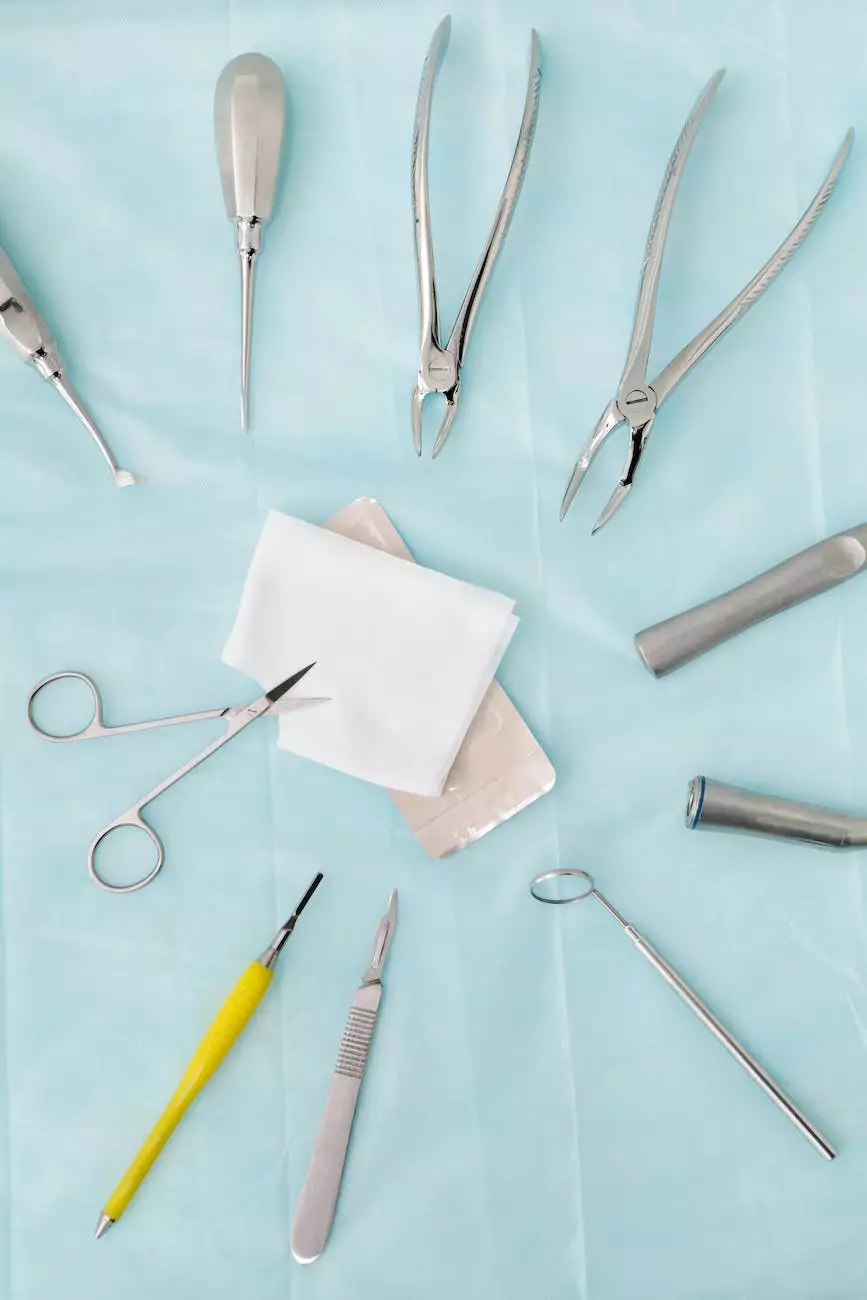Postpartum Hair Loss Guide: Prevention & Treatment

Introduction
Welcome to the Postpartum Hair Loss Guide: Prevention & Treatment, brought to you by Foley James D MD. As a trusted resource for health information, we understand the challenges women face after pregnancy, including hair loss. In this comprehensive guide, we will provide you with expert advice, tips, and remedies to manage and combat postpartum hair loss.
Understanding Postpartum Hair Loss
Postpartum hair loss, also known as postpartum alopecia, is a common condition that affects many women after giving birth. It typically occurs around three to six months post-delivery and is characterized by excessive shedding of hair. Although it can be alarming, rest assured that postpartum hair loss is usually temporary and resolves on its own within a year.
Causes of Postpartum Hair Loss
Postpartum hair loss can be attributed to hormonal changes and fluctuations that occur during pregnancy and after childbirth. During pregnancy, increased levels of estrogen prolong the hair growth phase, resulting in thicker and fuller hair. However, after delivery, estrogen levels drop dramatically, causing the hair to enter the resting phase and eventually shed.
Preventing Postpartum Hair Loss
While postpartum hair loss is a natural process, there are steps you can take to minimize its severity:
- Maintain a Balanced Diet: Eating a nutritious diet rich in vitamins and minerals can promote hair health. Include foods like fruits, vegetables, lean protein, and whole grains in your meals.
- Stay Hydrated: Drinking an adequate amount of water helps hydrate your scalp and improves the overall health of your hair.
- Manage Stress Levels: High-stress levels can worsen hair loss. Engage in relaxation techniques such as meditation, yoga, or deep breathing exercises.
- Avoid Excessive Heat Styling: Heat styling tools like curling irons and straighteners can damage the hair. Limit their use, and when necessary, apply a heat protectant spray.
Treatment Options for Postpartum Hair Loss
If postpartum hair loss is causing significant distress or persists longer than expected, there are treatment options available:
- Minoxidil: Minoxidil is an FDA-approved over-the-counter treatment for hair loss. It comes in the form of a topical solution and can help stimulate hair growth.
- Biotin Supplements: Biotin, also known as vitamin H, is a B-complex vitamin that promotes hair growth. Consult with your healthcare provider before starting any supplements.
- Platelet-Rich Plasma (PRP) Therapy: PRP therapy involves injecting concentrated platelets into the scalp to stimulate hair growth. This procedure is typically performed by a healthcare professional.
- Low-Level Laser Therapy (LLLT): LLLT uses red light wavelengths to promote hair growth. It can be done at home using handheld devices or in clinical settings.
Expert Tips for Managing Postpartum Hair Loss
Here are some additional tips from our experts to help you manage postpartum hair loss:
- Gently Massage Your Scalp: Massaging your scalp with your fingertips stimulates blood flow and promotes hair growth.
- Use Gentle Hair Care Products: Switch to mild, sulfate-free shampoos and conditioners that are gentle on your hair and scalp.
- Avoid Tight Hairstyles: Pulling your hair back tightly in ponytails or braids can cause additional stress and hair breakage. Opt for loose hairstyles instead.
- Consider Hair Extensions: If you desire immediate volume and length, hair extensions can be a temporary solution while waiting for your natural hair to regrow.
Conclusion
Postpartum hair loss is a common occurrence for many women, but it doesn't have to be a cause for worry. By implementing the prevention strategies, exploring treatment options when needed, and following the expert tips provided, you can effectively manage and overcome postpartum hair loss. Remember, patience is key, as hair regrowth takes time. For more information and personalized advice, consult with our team at Foley James D MD, your reliable source for health-related information. Take care of yourself, embrace the journey of motherhood, and let us help you navigate through postpartum hair loss.



